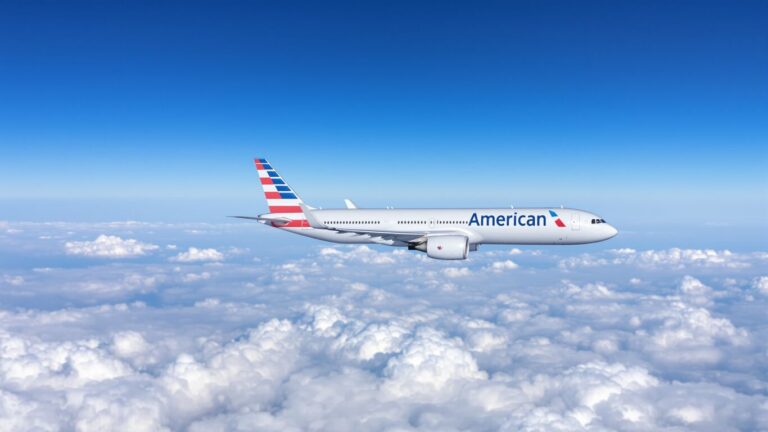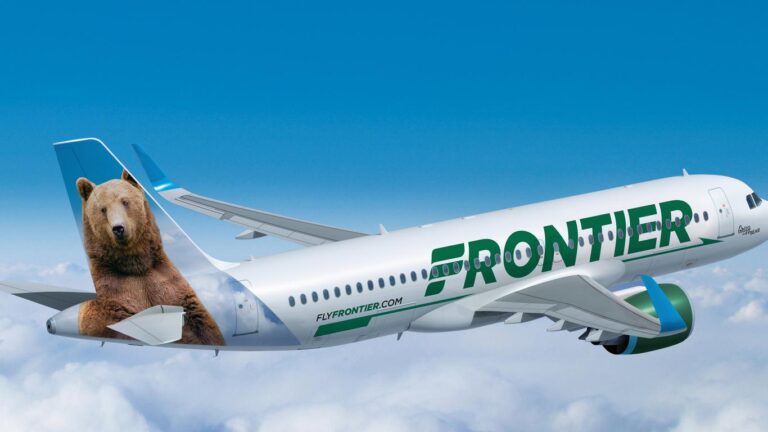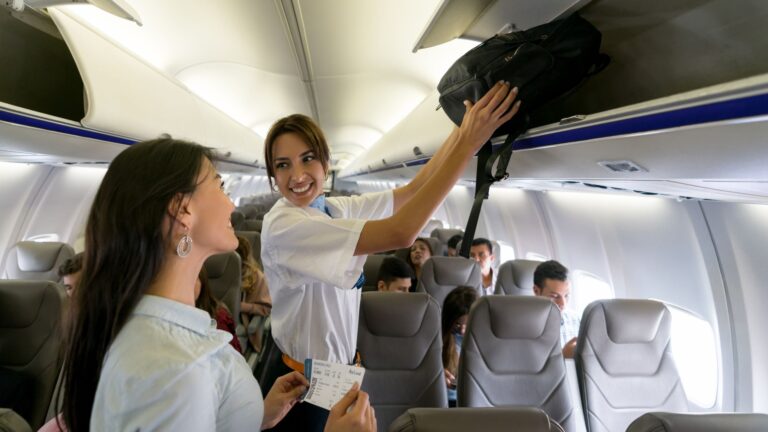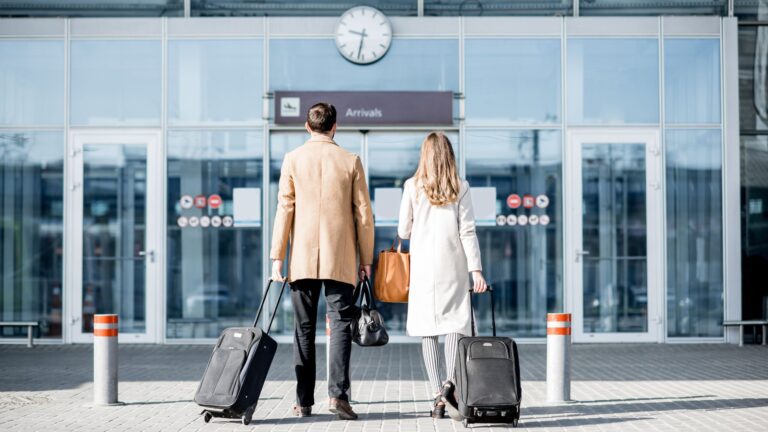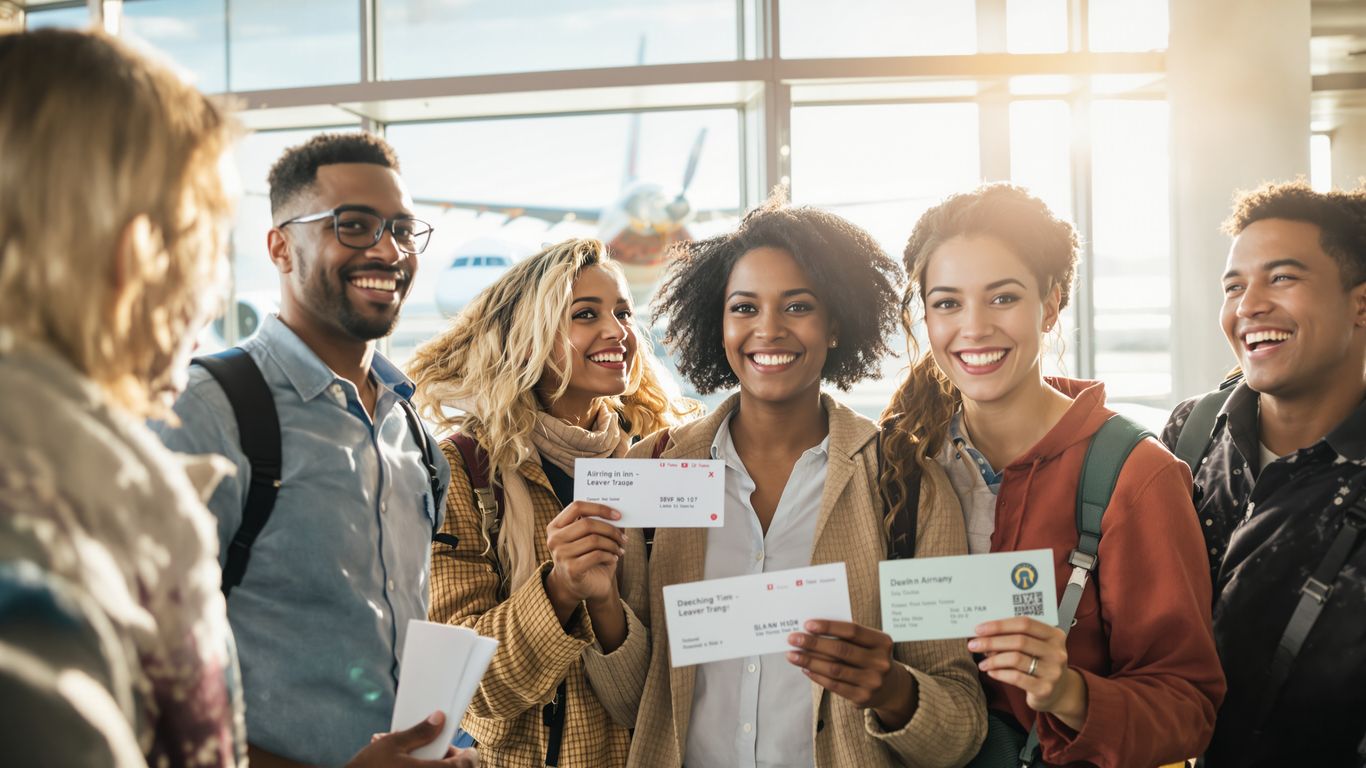
Recent updates to U.S. Department of Transportation (DOT) regulations have enhanced passenger rights concerning flight delays and cancellations. While these changes offer improved protections, such as automatic refunds for significant disruptions, consumer advocates argue that more comprehensive measures are still needed to align with international standards and fully address passenger grievances.
Key Points
- Passengers are entitled to automatic refunds for flights canceled or significantly delayed (three hours domestically, six hours internationally) if they decline alternative transportation.
- Refunds for add-on fees, like checked bags or seat selections, are also mandated if these services are unavailable or not functioning.
- Airlines must provide meal vouchers or cash for delays of three hours or more and hotel accommodations for overnight delays, though these typically apply only to controllable disruptions.
- The DOT has proposed further rules to mandate cash compensation for controllable delays and cancellations, similar to Europe’s EU261 regulations.
- Airlines for America, a lobbying group, has opposed stricter regulations, advocating for self-policing and arguing that new rules could increase ticket prices.
Understanding Your Refund Entitlements
New DOT rules, effective as of October 28, mandate automatic refunds for passengers whose flights are canceled or significantly delayed. A significant delay is defined as three hours or more for domestic flights and six hours or more for international flights. If passengers opt not to accept alternative transportation or travel credits, they are entitled to a refund within seven days for credit card purchases and 20 days for other payment methods. This also extends to refunds for ancillary fees, such as for checked baggage or seat selection, if these services are not provided as advertised.
Compensation for Delays and Cancellations
While airlines are not federally mandated to provide cash compensation for flight delays or cancellations, many major carriers offer certain guarantees. These typically include meal vouchers or cash for meals for delays exceeding three hours and hotel accommodations for unexpected overnight stays. However, these provisions generally apply only to delays and cancellations within the airline’s control, such as maintenance or staffing issues, and not to weather-related disruptions or air traffic control problems.
The 24-Hour Rule and Tarmac Delays
Passengers benefit from a 24-hour refund or hold rule, allowing cancellations or changes without penalty if made within 24 hours of booking, provided the booking is made at least seven days before the flight. Furthermore, airlines are required to provide food and water after two hours on the tarmac and allow passengers to deplane after three hours for domestic flights and four hours for international flights, subject to DOT fines if violated.
Proposed Enhancements and Industry Pushback
The Biden administration has proposed extending passenger protections to include cash compensation for controllable flight disruptions, aiming to align U.S. regulations with European standards. However, airline trade groups, such as Airlines for America, have lobbied against these proposals, arguing they are unnecessary and could lead to increased costs for consumers. They have also sought to roll back existing protections, including automatic refunds and transparency in pricing.
Advocating for Stronger Passenger Rights
Some lawmakers are pushing for a more robust “Bill of Rights” for airline passengers, which would include refunds for even minor delays (as little as one hour) and mandatory compensation, food, and hotel provisions. These proposals also aim to prevent airlines from using weather as an excuse for delays when the issue is within their control. Despite these efforts, the airline industry continues to advocate against stricter regulations, emphasizing existing voluntary commitments.
Conclusion
While passenger rights have seen improvements, particularly regarding refunds for significant disruptions, the landscape of airline compensation remains complex. Passengers are encouraged to be their own advocates, meticulously documenting expenses and pursuing claims with airlines and the DOT. Utilizing travel credit cards with built-in protections can also offer a recourse for unexpected travel costs, especially during weather-related disruptions.
